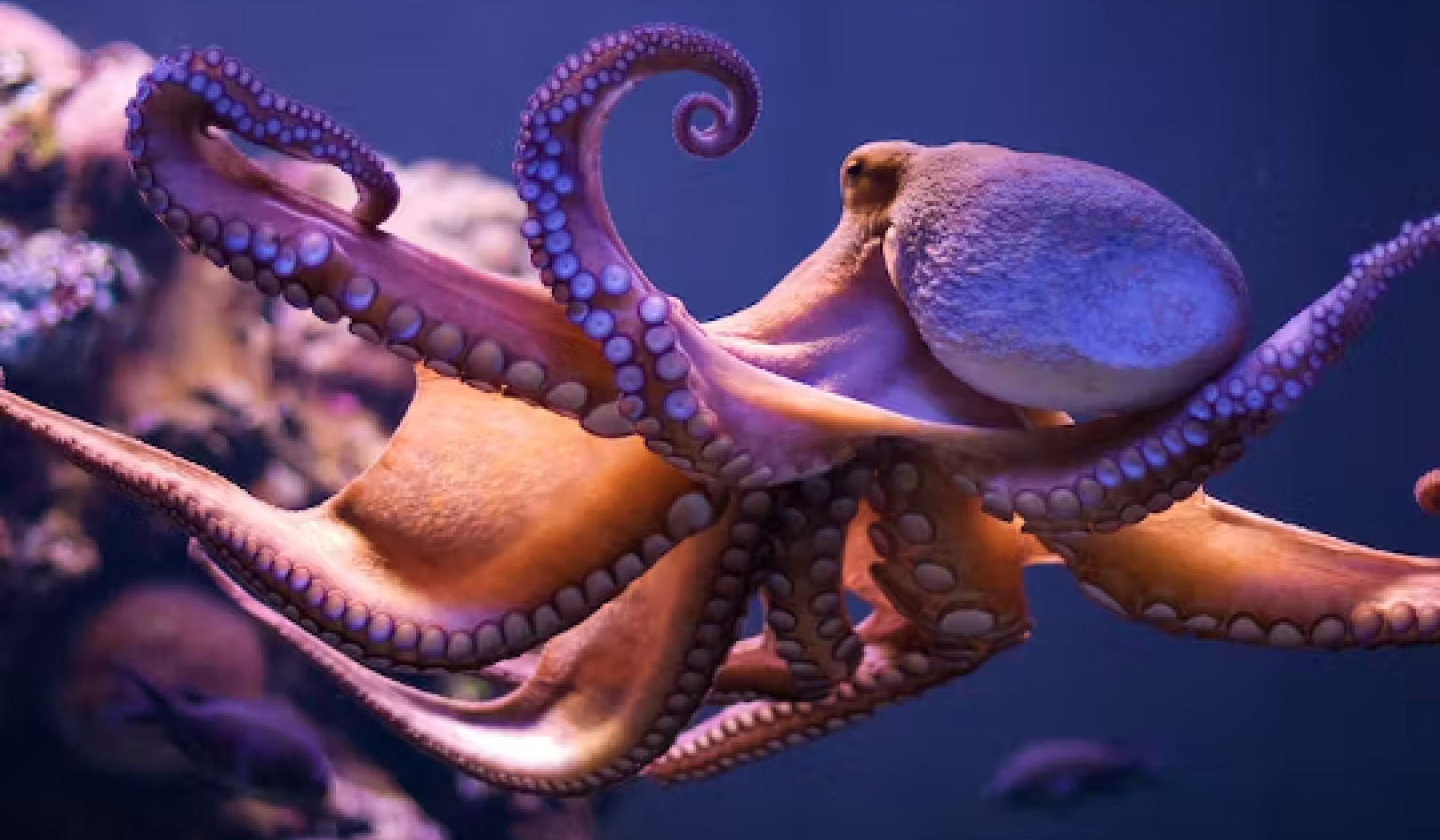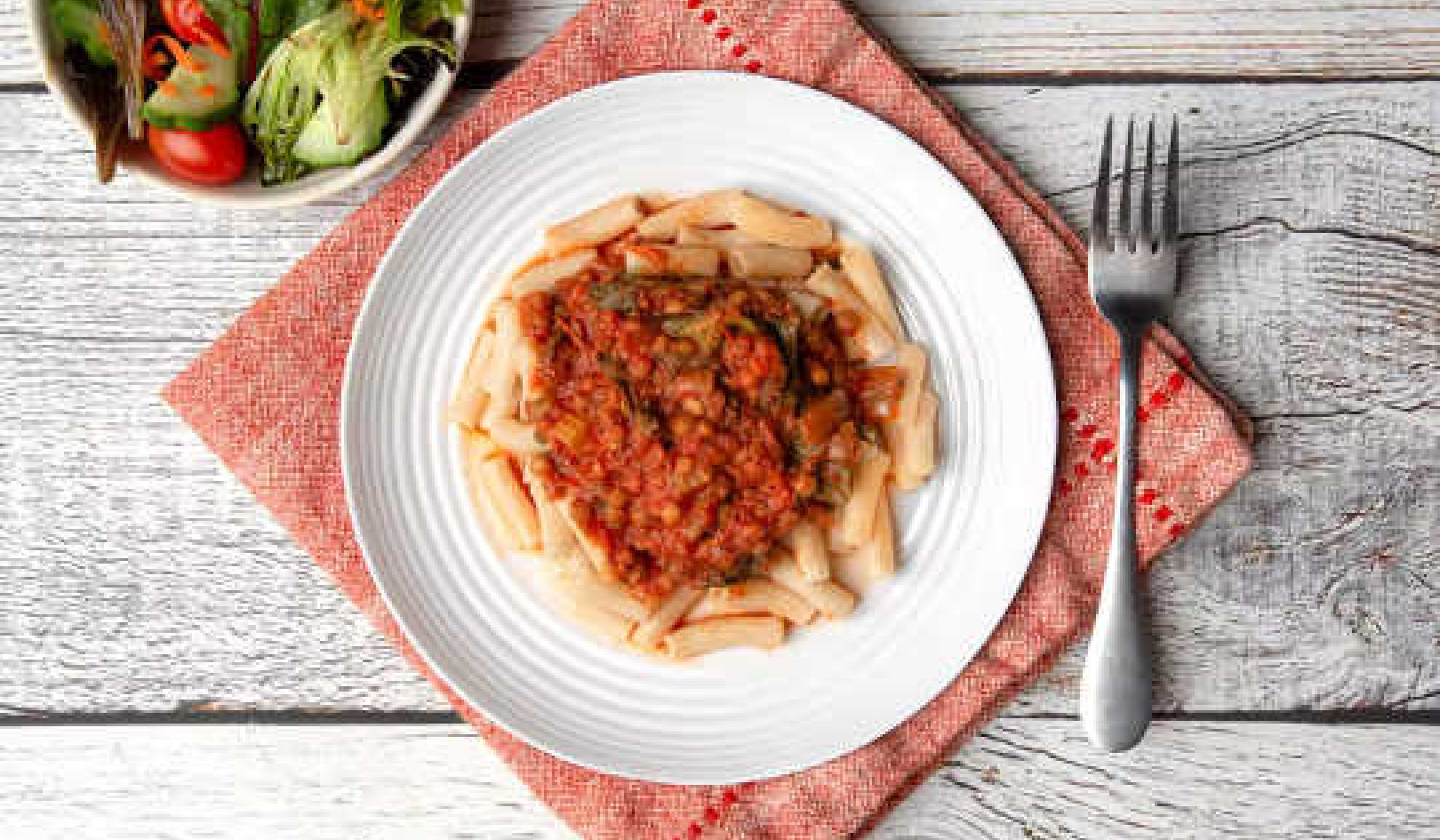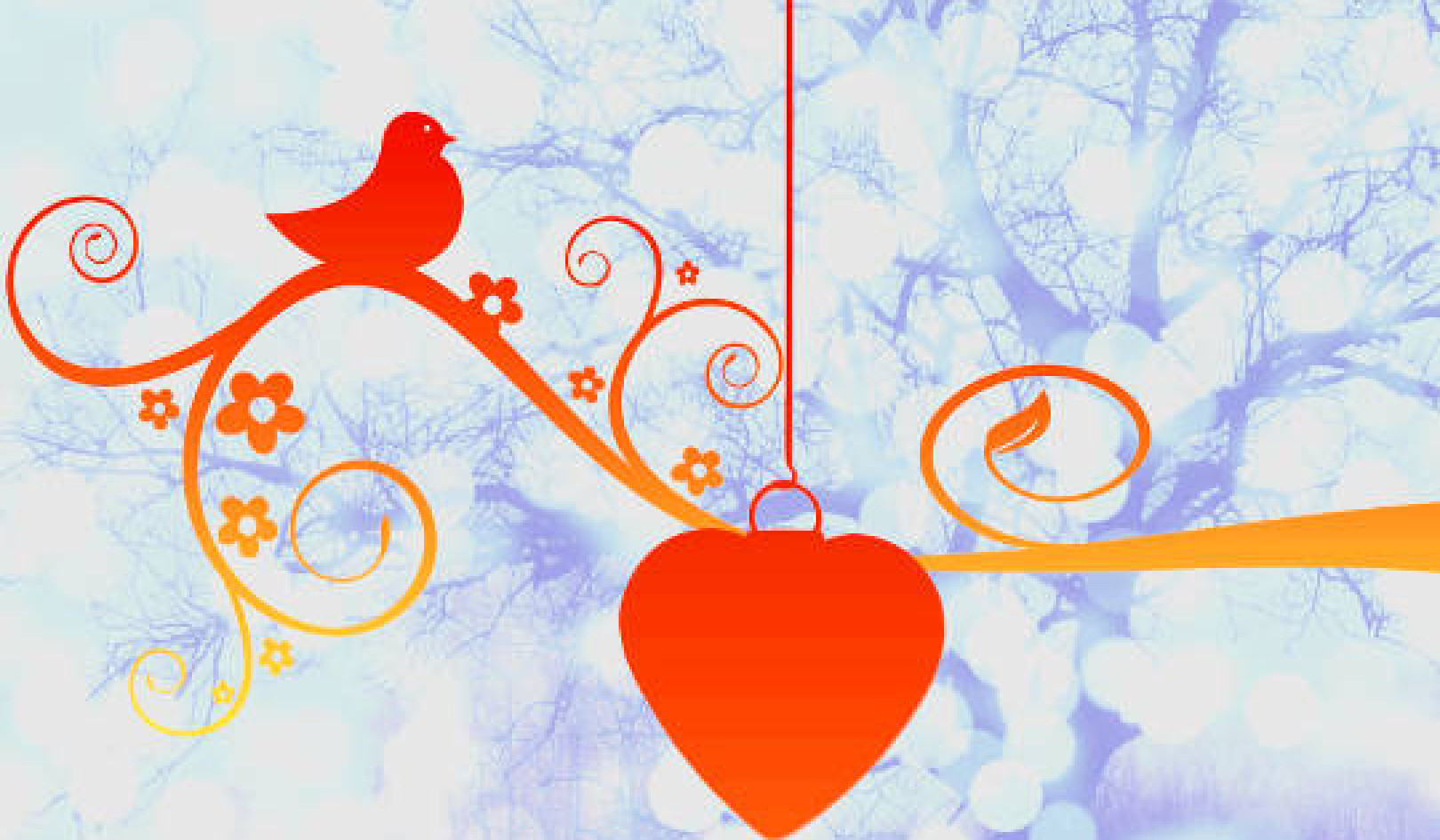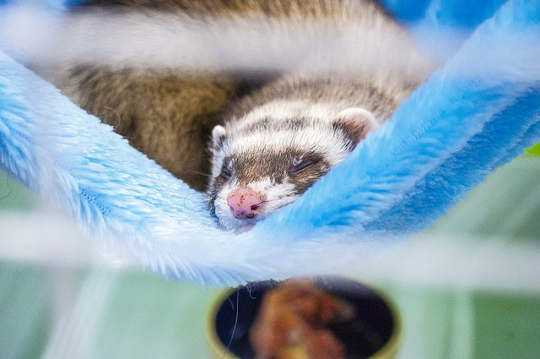
Animals seem to be natural healers. In the Healing Power of Pets, Dr. Marty Becker explores many health benefits of having animal companionship. He cites studies showing that people who have animal companions also tend to have lower blood pressure, less stress, and fewer bouts of depression or feelings of isolation than people who don't have animals. And those are only a few of the ways in which animals improved people's quality of life.
Dr. Becker writes, "Our beloved pets are life vitamins fortifying us against invisible threats: like seat belts cradling against life's crashes; like alarm systems giving us a sense of security. Taken together, the healing power of pets is powerful medicine indeed."
The next story brings home the point that God sends us healers with wagging tails, long pink tongues, or furry coats. Perhaps this story will remind you of animals in your own life who have served selflessly as healing agents for your heart, body, and mind.
*****
Ferrets Are MADE of GOD
Rebecca Stout
Chattanooga, Tennessee
My son, Sean, has been diagnosed with the most common form of high-functioning autism. My husband, Scotty, and I never thought we'd see Sean formulate his thoughts and feelings, much less spontaneously communicate them to someone. Yet today I watch Sean soak up things that are normally sensory assaults to a child with autism -- all because of a little ferret named Rocky.
When Sean was five years old, he seemed to make a developmental leap. We seized this opportunity to try out animal companionship. Although experts on autism neither recommend nor reject the idea of autistic children having pets, they caution parents to supervise the child's interactions with animals. Autistic children can be physically explosive, whether from joy or anger.
We went through a series of pets with varying degrees of success for Sean: beta fish (those colorful little fish found in pet stores that are kept in small bowls by themselves and are easy to care for), frogs, a snake for his older brother, Chet, and a dog. Sean didn't do well with dogs, and dogs were not fond of him. He seemed to still have an impulsive streak that made us cautious about keeping pets in our home.
Scotty longed to have a ferret, and I'd had ferrets as a child and loved them, so one day I decided to bring home two ferret kits. Although Sean acted disturbed at first, under my watchful eye he began to forge a relationship with these animals. The first time Sean had to be away from the ferrets was a school day. When he came home, he burst through the door, plopped down in front of the cage, and refused to take off his book bag while he stared at the kits for twenty-five minutes, waiting considerately for them to wake up. He was so protective of them in the initial weeks that guests weren't even allowed to look at the ferrets.
Over the months, Sean learned self-control by giving the animals water and food. He mastered the skills of safely holding and playing with them, and he learned not to stick his fingers in their cage. Not a day passed without Sean surprising us with the details he was picking up about how to handle the ferrets.
When the ferrets first arrived, Sean would mimic how Scotty spoke to them and repeat word for word whatever my husband said. But then Sean made an important advance in his development. He began to spontaneously speak to the ferrets with his own words and for his own reasons. After a while, he developed a style of touching and relating to them.
On Valentine's Day, we surprised Sean by taking him to a local ferret shelter. When the woman who ran the place showed us a ferret named Rocky, Sean asked if this ferret was "special." The woman assured him that Rocky had come to the shelter dying, and it was a miracle that he'd lived at all. Rocky had overcome many things and, like my son, was a survivor. We took Rocky home that day.
Soon Sean was brushing Rocky's fur even though he couldn't stand having his own hair brushed. He learned the names of his ferrets' foods. Sean also learned how to wash the cages and trays, change the water bottles, scruff the ferrets (hold them up by the skin and fat on the back of their necks -- a safe form of discipline), and take them to the vet.
Rocky moved more slowly than the other ferrets, and he was gentler with Sean, so Sean responded to him well. Before long, Sean and Rocky had become the best of pals. The close bond between them became the bridge Sean needed to achieve a dream.
Sean loved baseball and enjoyed watching his older brother play. He often worked the scoreboard with me as I announced the game. He learned the rules and thrived on them. Eventually he expressed a dream to play baseball himself.
We tried having Sean join a special league, but that didn't work out well for him. He needed the rules to be exact, and this league didn't have rules he could accept. With great reservations, we decided to let him join the regular league. There was no doubt that Sean could play well. But there was great doubt about whether he'd be able to hold up under the social pressures, let alone tolerate all the touching, noise, and sensory assaults involved in playing ball with other children.
When Sean first showed up on the field, he was too scared to go over and talk to the "normal" children. We'd brought Rocky along, and I got the idea to put the ferret in Sean's arms. His face and body instantly relaxed as the ferret's love helped my son become less rigid.
We walked up to the other boys. They greeted Sean with big grins and "wows." Sean didn't say a word. He just shook his head, yes or no, and hugged Rocky tightly.
Pretty soon, Sean was able to sit in the dugout. Before long, he was playing ball with the team. Of course, Rocky was right there in the stands rooting for him.
Fate seemed to decree that having a ferret for a mascot was lucky. Sean's team went all the way in the tournament and won the championship that year. The entire experience was the most positive in Sean's life -- and it was all possible because of the love and friendship he found with Rocky.
One day, I listened as Sean held Rocky in his arms, stroking him and talking to him about everything under the sun. Then he asked, "Mommy, what are ferrets made of?" Before I could come up with an answer, Sean thought of his own. "God," he said. "Ferrets are made of God."
And I agreed with him.
Meditation
What animals have you met who were "made of God" and helped you heal enough to take your next steps in life?
Reprinted with permission of the publisher,
New World Library. ©2003.
www.newworldlibrary.com
Article Source
God's Messengers: What Animals Teach Us About the Divine
by Allen and Linda Anderson.
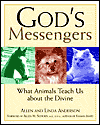 Combining spiritual questions with heartwarming animal tales, God’s Messengers will appeal to anyone who seeks the mystical in the everyday. The authors have gathered these accounts from a wide variety of people and divided them into four sections: Love, Wisdom, Courage, and Comfort. Throughout, wild and domesticated creatures teach humans about health, compassion, and unconditional love — birds, coyotes, dolphins, and iguanas, as well as cats, dogs, and horses. 50 black-and-white photographs accompany these amazing stories.
Combining spiritual questions with heartwarming animal tales, God’s Messengers will appeal to anyone who seeks the mystical in the everyday. The authors have gathered these accounts from a wide variety of people and divided them into four sections: Love, Wisdom, Courage, and Comfort. Throughout, wild and domesticated creatures teach humans about health, compassion, and unconditional love — birds, coyotes, dolphins, and iguanas, as well as cats, dogs, and horses. 50 black-and-white photographs accompany these amazing stories.
About the Authors
ALLEN AND LINDA ANDERSON are the founders of the Angel Animals Network (www.angelanimals.net). They are also inspirational speakers and coauthors of Angel Animals: Exploring Our Spiritual Connection with Animals. They offer a free weekly newsletter, Angel Animals Day Brightener. They share their home in Minneapolis with a menagerie of animals and donate a portion of the revenues they receive as authors to animal shelters.
Books by these Authors
at InnerSelf Market and Amazon





















